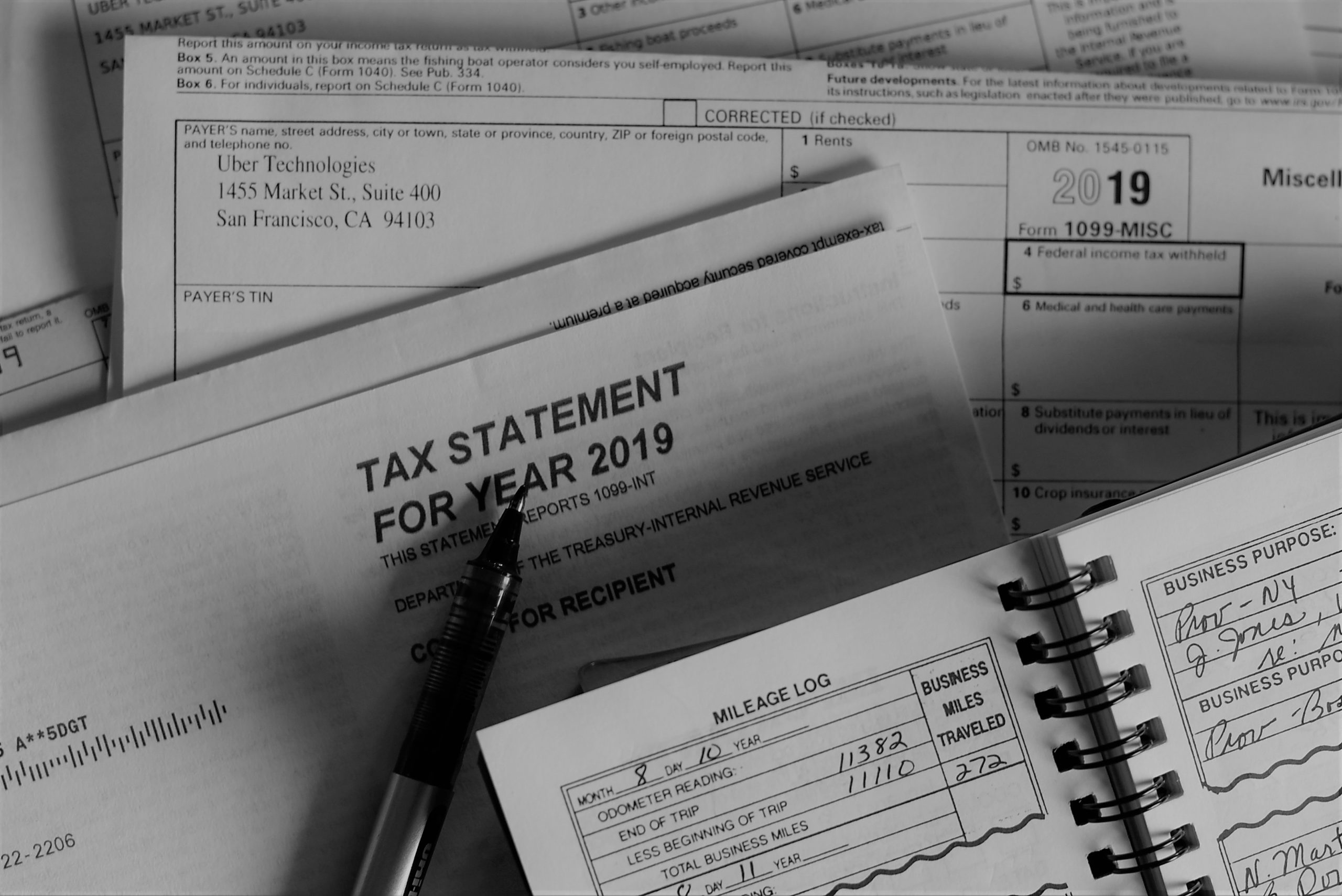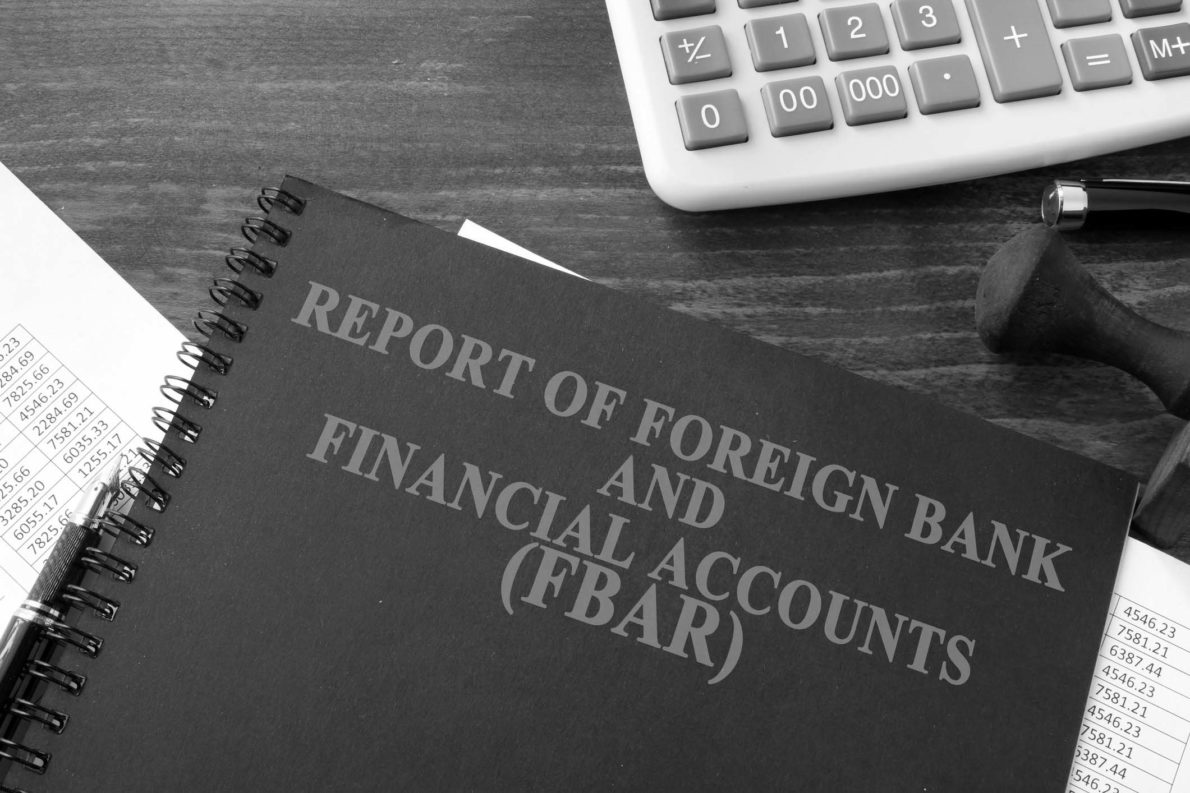IRS Extends Key Tax Deadlines for 1031 Tax Deferred Exchanges and Investments in Qualified Opportunity Funds
On April 9, 2020, the IRS extended certain additional key tax deadlines affecting payments from both individuals and businesses due to the impact of the COVID-19 pandemic. Notice 2020-23 expanded upon prior IRS guidance that extended the dates for taxpayers to file Federal tax returns and render tax payments by creating a general extension to July 15, 2020, for all taxpayers that have a deadline – whether that deadline applies to a filing, a payment or other action – that falls in the period occurring on or after April 1, 2020, and prior to July 15, 2020, without incurring a late-filing penalty, late-payment penalty or interest.
This includes an extension of time for “performing a time-sensitive action,” which includes the 180-day period for a taxpayer to invest in a Qualified Opportunity Fund (QOF), as well as the 45-day identification period and the 180-day exchange period deadlines for like-kind exchanges under Section 1031 of the Internal Revenue Code. This relief applies automatically and does not require taxpayers to contact the IRS or file any interim documentation to obtain this relief.
These milestone dates were cast in stone under pre-COVID-19 conditions. However, in the declaration of the COVID-19 pandemic as a federal disaster under the Stafford Act, instructions were given to the Secretary of the Treasury to provide relief from tax deadlines due to COVID-19.
Despite what appears to be the good intentions of the IRS, further clarification of the extended deadline provided under Notice 2020-23 may be necessary with regard to its effect on like-kind exchanges as there is a lack of clarity as to whether this supersedes the guidance set forth in Revenue Procedure 2018-58, which already provided that the last day of a 45-day identification period and the last day of a 180-day exchange period that fall on or after the date of a federally declared disaster be “postponed by 120 days or to the last day of the general disaster extension period authorized by an IRS News Release or other guidance announcing tax relief for victims of the specific federally declared disaster, whichever is later.” Notice 2020-23 states that it “amplifies Notice 2020-18, 2020-15 IRB 590 (April 6, 2020), and Notice 2020-20, 2020-16 IRB 660 (April 13, 2020)” but does not otherwise reference any other notice or Revenue Procedure. The Notice allows for an extension to July 15, 2020, rather than the 120-day extension, which would have been longer.
As the law continues to evolve on these matters, please note that this article is current as of date and time of publication and may not reflect subsequent developments. The content and interpretation of the issues addressed herein is subject to change. Cole Schotz P.C. disclaims any and all liability with respect to actions taken or not taken based on any or all of the contents of this publication to the fullest extent permitted by law. This is for general informational purposes and does not constitute legal advice or create an attorney-client relationship. Do not act or refrain from acting upon the information contained in this publication without obtaining legal, financial and tax advice. For further information, please do not hesitate to reach out to your firm contact or to any of the attorneys listed in this publication.
No aspect of this advertisement has been approved by the highest court in any state.
Results may vary depending on your particular facts and legal circumstances.
As the law continues to evolve on these matters, please note that this article is current as of date and time of publication and may not reflect subsequent developments. The content and interpretation of the issues addressed herein is subject to change. Cole Schotz P.C. disclaims any and all liability with respect to actions taken or not taken based on any or all of the contents of this publication to the fullest extent permitted by law. This is for general informational purposes and does not constitute legal advice or create an attorney-client relationship. Do not act or refrain from acting upon the information contained in this publication without obtaining legal, financial and tax advice. For further information, please do not hesitate to reach out to your firm contact or to any of the attorneys listed in this publication. No aspect of this advertisement has been approved by the highest court in any state.
Join Our Mailing List
Stay up to date with the latest insights, events, and more







